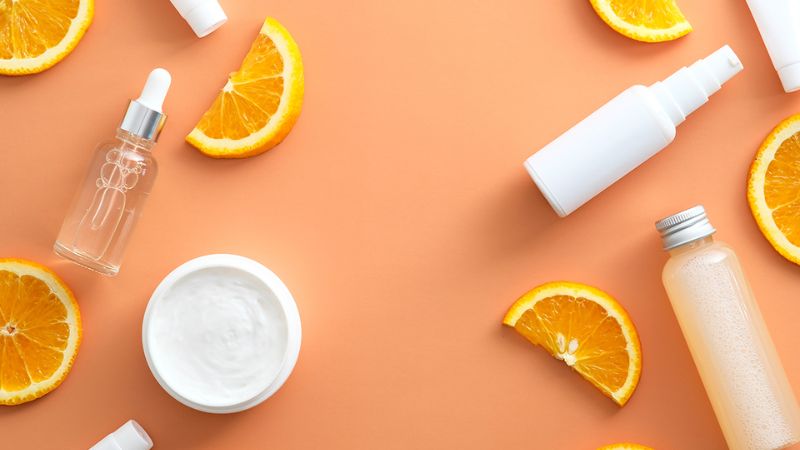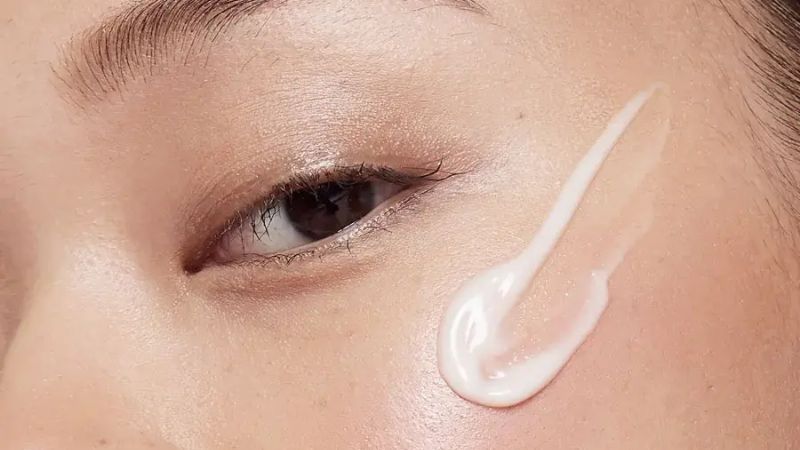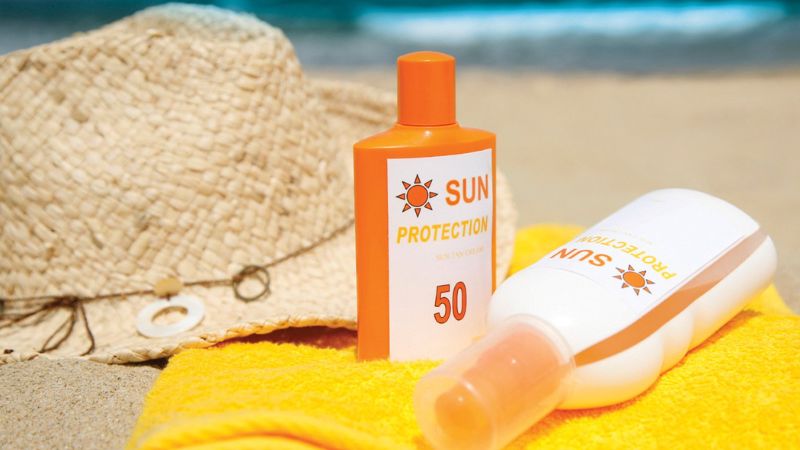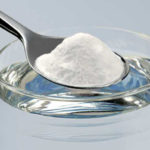Combining different skincare products without understanding how each one works can lead to skin irritation and unforeseen consequences. Here are some common mistakes to avoid when using skincare products:
1. Retinol
Retinol, also known as vitamin A, is a powerful ingredient recommended by dermatologists for improving skin aging, wrinkles, brown spots, and promoting skin cell regeneration.
Retinol works best when combined with moisturizing products containing hyaluronic acid, niacinamide, and ceramides. This helps lock in moisture, protect the skin from sun damage, and reduce the risk of skin cancer and sunburn.
However, it is important to avoid combining retinol with vitamin C, benzoyl peroxide, or AHA and BHA. The exfoliating properties of AHA and BHA can cause dryness or irritation when used with retinol. Benzoyl peroxide, on the other hand, may neutralize the effects of retinol, reducing its effectiveness. Vitamin C and retinol are best used at different times of the day as they have different functions: vitamin C protects the skin, while retinol promotes cell turnover.
 Do not combine retinol with vitamin C, benzoyl peroxide, AHA, or BHA
Do not combine retinol with vitamin C, benzoyl peroxide, AHA, or BHA
2. Vitamin C
According to Dr. Marchbein, vitamin C protects the skin from free radicals, brightens the complexion, reduces dark spots, and smoothes the skin. Combining vitamin C with antioxidants like niacinamide and SPF enhances the skin’s defense against environmental and internal aggressors while nourishing the deeper layers of the epidermis.
However, it is important not to mix vitamin C with retinol as it may diminish their individual benefits when applied together.
 Do not combine vitamin C with retinol
Do not combine vitamin C with retinol
3. AHA or BHA
AHA (alpha-hydroxy acids) include glycolic acid, lactic acid, malic acid, and citric acid. They hydrate the skin, protect and improve the thickness of the epidermis, and increase skin elasticity. BHA (beta-hydroxy acid), specifically salicylic acid, controls excess oil, unclogs pores, reduces inflammation, and fades acne scars.
AHA or BHA work well with moisturizing ingredients such as ceramides, hyaluronic acid, niacinamide, and SPF. This combination helps unclog pores, soothe the skin, exfoliate, and enhance sun protection.
However, it is important to avoid using retinol with AHA or BHA, especially for acne treatment or anti-aging purposes, as it may cause skin redness or irritation. Additionally, do not use AHA or BHA with retinol or other exfoliating acids on the same day to prevent skin irritation or sensitivity.
 Do not use AHA or BHA with retinol
Do not use AHA or BHA with retinol
4. Benzoyl Peroxide
Benzoyl peroxide is particularly effective in treating acne and inflamed blemishes. It delivers oxygen to the pores and kills acne-causing bacteria.
Benzoyl peroxide can be combined with moisturizing ingredients, the antibiotic clindamycin, and SPF to enhance the treatment of acne, deeply hydrate the skin, and improve sun protection.
However, it should not be used with retinol or tretinoin. Benzoyl peroxide and retinol may neutralize each other’s effects, reducing their acne-fighting capabilities. It is recommended to use tretinoin and benzoyl peroxide at different times of the day, such as tretinoin in the evening and benzoyl peroxide in the morning.
 Do not use benzoyl peroxide with retinol and tretinoin
Do not use benzoyl peroxide with retinol and tretinoin
5. Niacinamide
Niacinamide, a form of vitamin B3, is a non-irritating ingredient found in many skincare products today. It strengthens the skin barrier, repairs sun damage, provides long-lasting hydration, combats aging, and prevents bacterial and dirt buildup on the skin.
However, niacinamide should not be combined with vitamin C as they may cancel out each other’s effectiveness. It is recommended to use them at least 10 minutes apart to ensure the optimal benefits of each skincare product.
 Do not combine niacinamide with vitamin C
Do not combine niacinamide with vitamin C
6. Sunscreen with SPF
Many skincare products now include SPF, which enhances sun protection and shields the skin from UVB rays that can cause skin cancer.
However, it is important not to use SPF-containing skincare products or sunscreen with your moisturizer and makeup as this may lead to product overlap and reduce their individual effectiveness. Instead, apply a single layer of sunscreen to seal in your previous skincare steps.
 Do not use SPF-containing skincare or sunscreen with moisturizer and makeup
Do not use SPF-containing skincare or sunscreen with moisturizer and makeup
These are some common mistakes to avoid when combining skincare products. Knowing how to properly combine skincare products will help improve your skin’s condition and promote a healthier, more radiant complexion.
retinol-a-fountain-of-youth-for-hair-skin-and-acne-prevention/’ title=’Retinol: A Fountain of Youth for Hair, Skin and Acne Prevention’>Retinol: A Fountain of Youth for Hair, Skin and Acne Prevention
How to Effectively Treat Fishbone Issues at Home
Everyone loves feasting on the deliciousness of fish during the holidays. But, unfortunately, choking on fish bones is an unavoidable issue that may lead to devastating consequences if left unattended for a prolonged period. Let’s see how Dien May Xanh can help us out when fish bones get stuck in our throat.
Easy Steps for Picking Delicious Grapefruit, Oranges, and Tangerines
When looking to get an extra dose of Vitamin C, oranges, tangerines and grapefruits are the top picks. However, it can be tricky to make the right choice if you don’t know what you’re doing, making it easy to pick the green, sour or dark fruits that aren’t as palatable.














